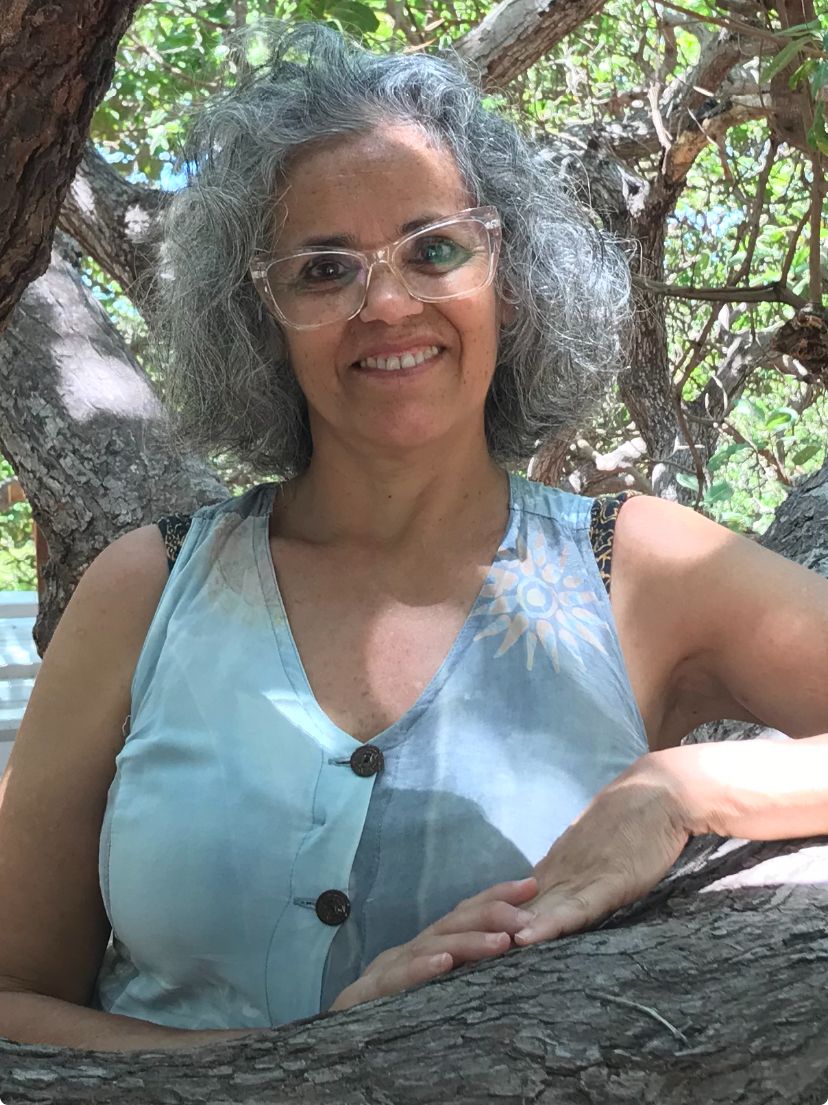How to find reconnection with yourself: psychologist reveals new ally
Psychologist Daicy Saldanha, with over 20 years of clinical experience, explains how the conscious use of cannabis can go beyond pain relief, helping in emotional reconnection, self-awareness, and building a healthier relationship with oneself
Published on 08/14/2025

Discover how the conscious use of this plant can help rediscover calm and presence in everyday life | CanvaPro
Amidst the noise of cell phone notifications, accumulating demands, and the rush that swallows the hours, there is an internal silence that we often forget to visit.
The body continues on autopilot, the mind is divided among a thousand concerns, and the feeling of being fully present in the moment gets lost along the way. A scenario that has led the Brazilian population to rank 4th in the world's most stressed countries, according to the World Mental Health Day 2024 report, with 42% of the population reporting living under constant pressure. Do not be surprised to realize that this hectic routine can take you far from yourself.
And if a plant could, with gentleness and consciousness, give us back this presence?
Cannabis, long associated with taboo, now occupies new spaces: it is in open conversations, in podcast topics, in doctor's recommendations, and even in the words of artists who recognize its benefits.
But, more than a trend or medicine, it is beginning to be rediscovered as a tool for emotional reconnection, that is, a path back to oneself.
Take a deep breath, live slowly

When used with intention and respect, cannabis can open cracks in chronic anxiety. For psychologist and integrative therapy specialist Daicy Saldanha, with over 20 years of clinical experience, "it slows down the mind and creates an internal space to connect and be present in the here and now. It's like in a meditative process: it broadens the perception of oneself and relationships, facilitates access to repressed contents, and generates insights, allowing for a more loving and healthy relationship with oneself," she evaluates.
Strains rich in cannabidiol (CBD) are usually associated with tension relief and calming the nervous system. Balanced hybrids offer a subtle relaxation, ideal for moments of introspection. More than reducing symptoms, the plant seems to open doors to feeling. Sensory perception sharpens, and the simple things like the smell of tea, the warmth of a blanket, the sound of music, for example, regains depth.
Revealing layers
Integrated into therapeutic practices, cannabis can help access emotions stored for a long time. "When there is professional guidance, psychic defenses relax, and repressed emotions can be recognized, released, and redefined with more lightness," explains Daicy.
Watch the Cannabis with Soul episode on Deusa Cast:
This state of greater internal security can allow the patient to go through layers of suffering that previously caused fear, anger, or helplessness. "It's not about escaping, it's about sustaining contact with these pains to then overcome them," emphasizes the psychologist.
Indica-dominant varieties, for example, are known to promote deep physical relaxation and assist in sleep. For those who live in constant vigilance, this break can be transformative.
Respect, intention, and listening
The conscious use of cannabis requires an intimate pact with one's own truth. It is easy for immediate relief to turn into a hiding place, but it is the deep purpose of getting to know oneself, of welcoming oneself, and of transforming oneself that sustains the path as something therapeutic.
As psychologist Daicy reminds us, expanding perception also means being willing to go through the pains that emerge, sustaining them until they can be redefined. "It's not about erasing the pain, but about giving it a new place in personal history," she explains.
Psychological support offers the tools for this journey, helping the person not to get lost in momentary comfort. "The use needs to be in moments of reflection to avoid characterizing entertainment or even a need caused by dependency," she reflects.
After all, cannabis can be a key to open internal doors, but it takes courage to enter the rooms it reveals.
To learn more about reconnection, watch the free class addressing Affective Disorder with Dr. Pedro Pierro:










